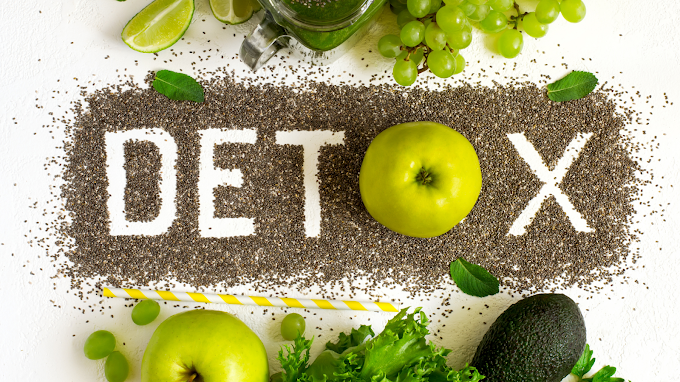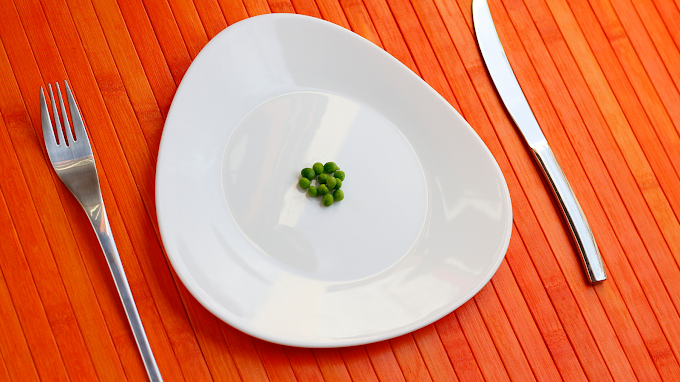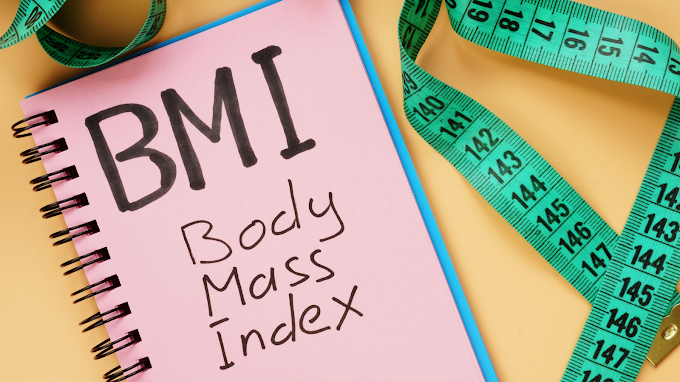
(Para leer en español haz clic aquí)
Today's world embraces heaps of information about food, nutrition, and weight maintenance that confuses women about what to eat and whatnot. While talking about confusing foods, how can we forget carbs, which is considered as the most objectionable food group from all the three?
According to the myths, carbohydrates are disregarded as an evil food that may increase your weight and raise your blood sugar levels while making you feel lazy all the time. But, in reality, they are a Macronutrient (the building block of nutrition, also known as carbs, proteins, and fats) that is essential for your health and weight maintenance. The Dietary Guidelines for Americans suggest consuming 45 to 65% of your calories from carbs. So, instead of cursing a vital food group, it is important to demystify the misconceptions that have been related to this macronutrient.
Myth No.1 Fats and Proteins are healthier than Carbohydrates
An example of this myth is the Ketogenic and the Atkins diet. It might work for some of those women whose body requirements demands to stick to such regimes. But if you are new in the world of food and nutrition, then you need to know that carbs are equally healthy as proteins and fats are. There are positives and negatives to each food group, and so are carbohydrates. Let's take a look at the optimal and less optimal carbs.
What are the Optimal and Less Optimal Carbs?
Not all carbs are the same, and depending on your goals, some foods that are predominantly from this macro group could be more optimal to reach your health goals than others. Carbs can be divided between complex and simple.
Starting with the less optimal carbs, these are the ones that are found abundantly in fast food, baked goods, sodas, box juices, and candies in the form of refined flour, refined grains, and added sugars. No doubt that if these foods are consumed in excess, they will cause weight gain because not only these are dense in calories, but also lack nutritional value
On the other hand, whole grains, beans, lentils, legumes, oatmeal, fruits, and vegetables are the optimal carbohydrates that are very healthy and filling. These foods if eaten in moderation can be a great option, although some of these foods are high in calories but due to being nutrient-dense, they support body functions and offer many health benefits. Many of them are high in fibers which make them very filling as it has more capacity to absorb water and hence they keep you full for a longer period. The high-fiber content also enhances digestion and due to the high satiety index, it also helps in the maintenance of weight. Journal of the Academy of Nutrition and Dietetics said that all these foods enhance digestion, support heart health, and helps in the maintenance of a healthy weight instead of increasing it.
Carbs are the primary source of energy for the body, and playing with the body's natural mechanism to lose weight faster is the most insane thing to do. It might help you lose weight more quickly due to the exertion of ketone bodies, or decrease your blood glucose levels because you are consuming fewer carbohydrates. But such a diet without proper guidance can pose some serious damage to people suffering from heart, kidney, or liver diseases.
Myth No. 2 Carbs are full of added sugars
The carbs in fruits are present in the form of natural sugars and do not cause any damage to your health. The real culprits are sodas, baked products, fast foods, and even the processed burger patties or nuggets that you buy from the store has loads of added sugars in it.
The sugars present in complex or natural carbs do not cause any disease or weight gain. Instead, with its antioxidants, it detoxifies your body from all the toxins that you accumulate throughout the day. Fruits are generally added to weight loss diets due to their low-calorie and weight maintenance properties. So, they do not cause weight gain or high sugar levels.
Myth No. 3 Carbs make you lazy
As far as laziness is concerned, it is not at all related to eating carbs. Slothfulness results when either you eat more than your calorie requirement or if you overeat unhealthy food. A study also stated that it is not only about meal size but laziness is also affected by the protein and salt content in your foods. It merely depends on the type and quantity of your diet and has absolutely no connection with eating carbohydrates.
Ways to debunk these myths:
Focus on healthy foods and eliminate the unhealthy options from your grocery list. Separate and arrange everything according to their groups in your pantry. This way, you will know how much you are eating from each category.
Most importantly, if you are still too conscious about adding up carbs to your plate, then consult a dietitian and ask them whether they will be right for you or not according to your health status. Self-medicating (even with food) will only make things worse and harm your body in the long run.











0 Comments